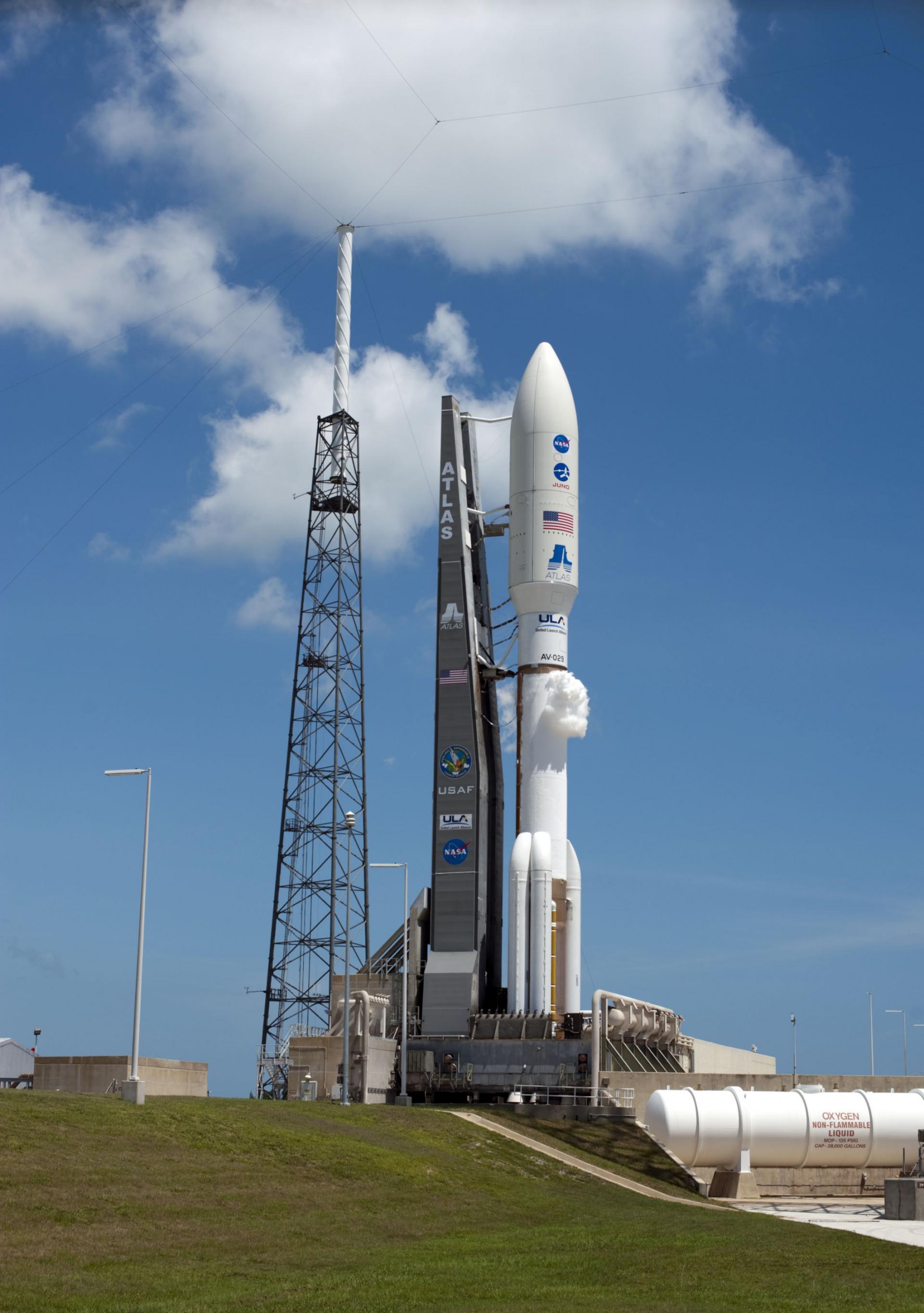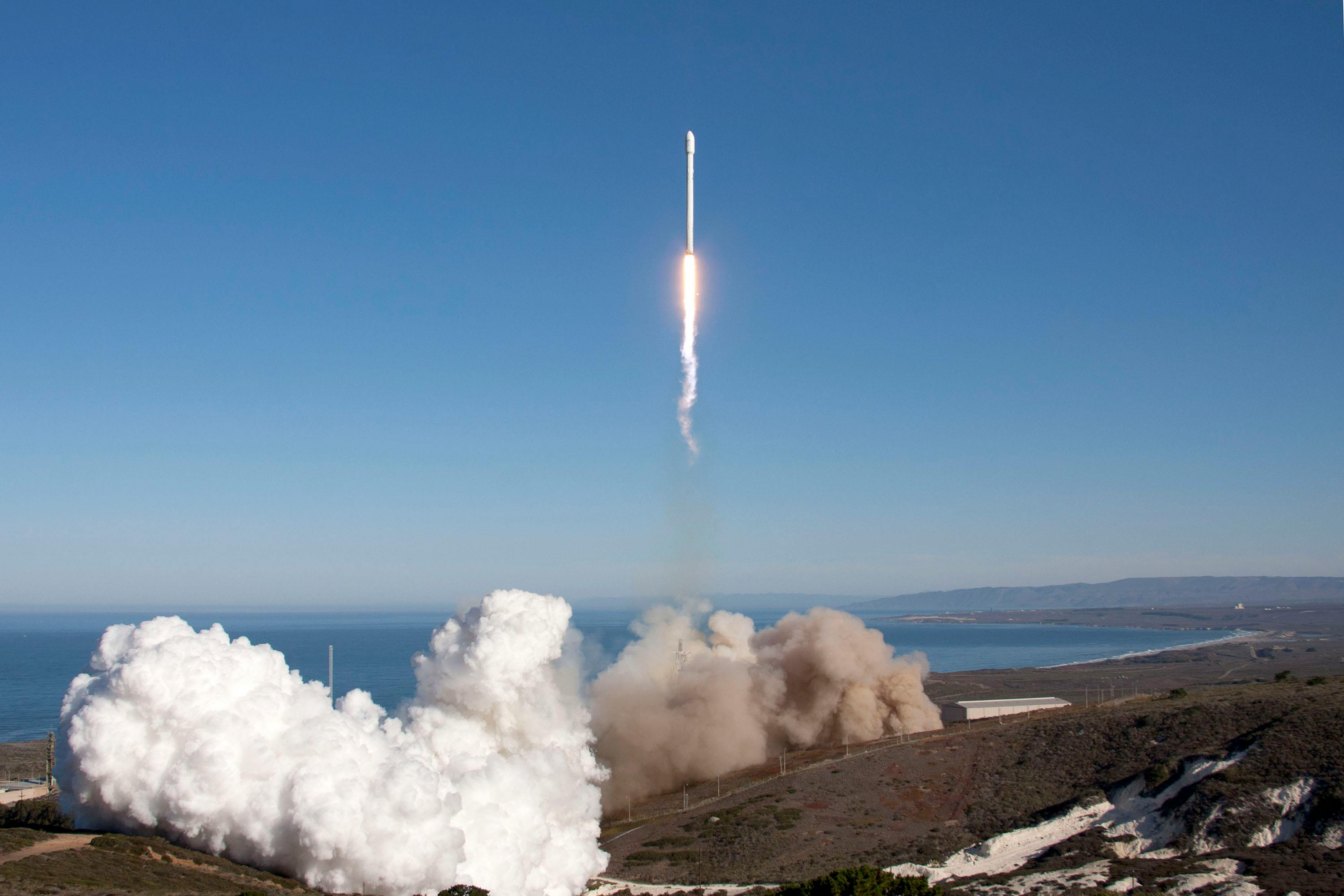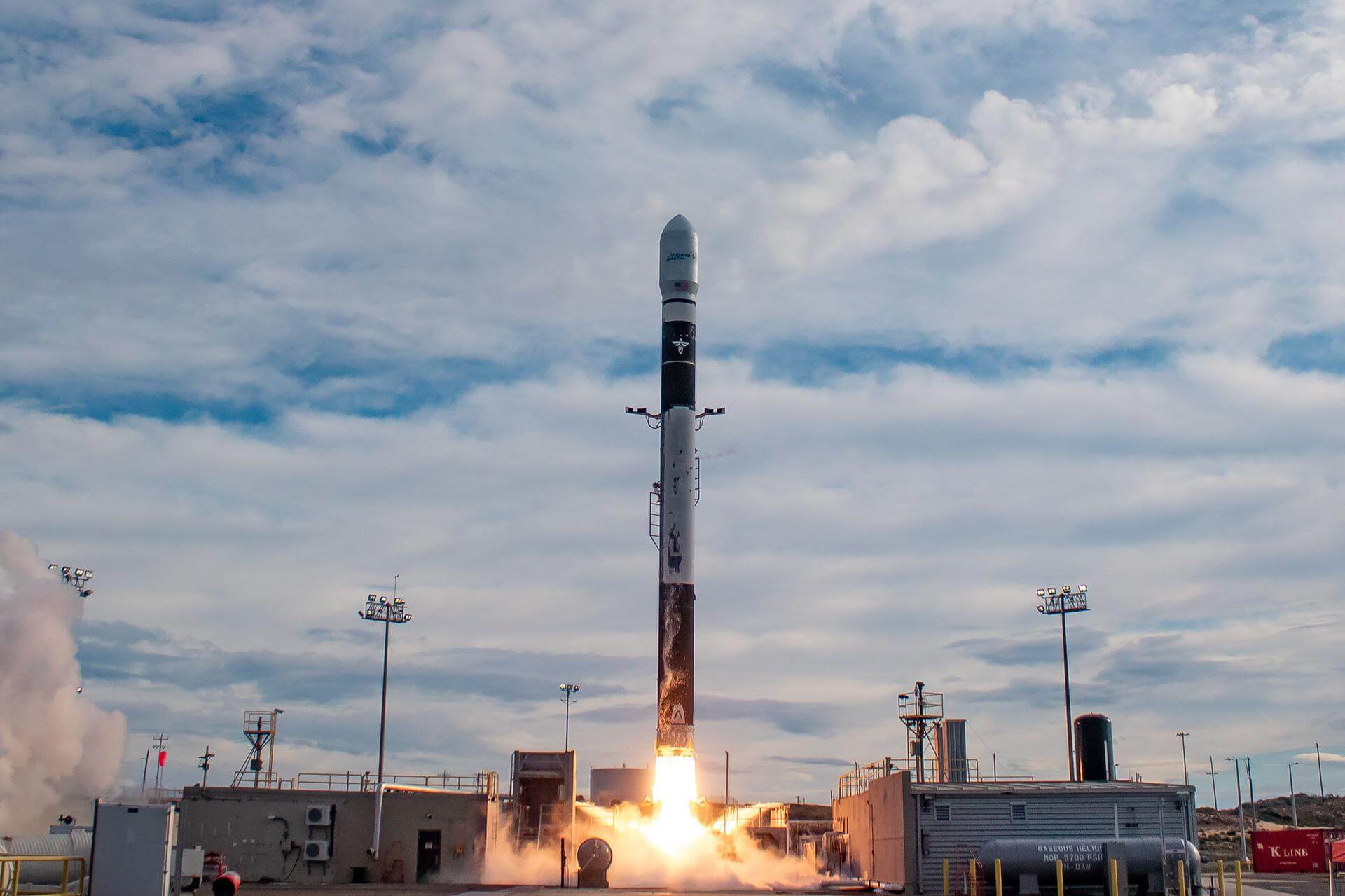· space brief · 4 min read
Space Brief 9 Feb 2025
Today's highlights include Rocket Lab's successful 2025 kick-off launch, SpaceX's upcoming Starlink deployment, and a significant military satellite contract competition.

📄Top Stories
The space industry gears up with Rocket Lab launching its first Electron rocket of 2025, and SpaceX preparing for a Starlink satellite deployment. Meanwhile, Croatia celebrates its first satellite image of home, and the competition intensifies between Lockheed Martin and Boeing for a major military contract. The proposed $19.5 billion space-based Iron Dome plan gains backing in the Senate.
📰Detailed Coverage
Rocket Lab’s Record-Breaking Launch
Rocket Lab launched its first Electron rocket of 2025 from New Zealand, successfully marking its 59th mission. The “IoT 4 You and Me” mission included significant payloads for enhancing Internet of Things (IoT) connectivity. Liftoff occurred on Feb. 9 at 9:43 a.m. NZDT, continuing Rocket Lab’s momentum in the small satellite launch sector.
Rocket Lab’s continued success underpins its dominant position in launching compact satellites, crucial for global IoT integration. Such missions emphasize the vital role of precise satellite tracking, easily facilitated through our web app’s features.
Read the full story: Spaceflight Now
SpaceX’s Starlink Expansion
SpaceX is poised to launch 23 new Starlink satellites from Vandenberg Space Force Base, maintaining its aggressive expansion of global internet service coverage. Scheduled for Feb. 8 at 4:03 p.m. PST, this launch represents the sixth orbital mission at Vandenberg this year.
The Starlink constellation’s growth highlights the increasing demand for high-speed internet everywhere, impacting global communication and navigation services. Satellite tracking becomes essential as more objects populate the orbital environment.
Read the full story: Spaceflight Now
Croatia’s Satellite Achievement
Croatia’s inaugural satellite successfully transmitted its first imagery back to Earth, depicting its home country. This milestone marks a significant achievement for Croatia in space exploration, showcasing the growing accessibility of satellite technology.
The satellite’s success highlights the expanding participation of smaller nations in spacecraft development, contributing to diverse perspectives in Earth observation and global data collection.
Read the full story: Space.com
Competition for Military Satellite Contracts
Lockheed Martin and Boeing are intensively competing for a lucrative military satellite contract from the Space Force as commercial satellite demands surge. Both companies have already been awarded $66 million each for the MUOS Service Life Extension program.
This competition underscores the ongoing integration between defense necessities and commercial satellite advancements, paving the way for enhanced, resilient communication networks essential for national security.
Read the full story: SpaceNews
Support for Space-Based ‘Iron Dome’
GOP senators have rallied behind a proposed $19.5 billion plan to develop a space-based defense system akin to an ‘Iron Dome.’ The initiative aims to bolster the U.S.’s defense capabilities against missile threats with new funding aimed at advancing space-based technologies.
The legislative push represents a strategic investment in strengthening national defense systems, emphasizing the importance of advanced space technologies in global security frameworks.
Read the full story: SpaceNews
🛰️Satellite Spotlight
- Satellite Name: GLOBALSTAR M093
- NORAD ID: 39073
- Launch Date: 2013-02-06
- Mission: Communication
- Orbit: Inclination 51.9819°, Period ~114.03 minutes, Eccentricity 0.0000806
- Operator: Globalstar
- Fun Fact: GLOBALSTAR M093 helps provide satellite phone and IoT services worldwide, emphasizing the connectivity across remote areas.
Current TLE Data:
1 39073U 13005B 25040.13575837 -.00000072 00000+0 17984-3 0 9992
2 39073 51.9819 297.7419 0000806 52.4708 307.6232 12.62261282554713Track this satellite in real-time on our web app: Track GLOBALSTAR M093
🚀Upcoming Space Launches
February 10
- SpaceX Falcon 9:
- Starlink Group 11-10 from Vandenberg Space Force Base, CA, USA (00:03 UTC) A batch of satellites for the Starlink mega-constellation - SpaceX’s project for space-based Internet communication system.
February 11
-
China Aerospace Science and Technology Corporation Long March 8A:
- Demo Flight from Wenchang Space Launch Site, People’s Republic of China (09:22 UTC) Demonstration flight of the Long March 8A rocket with upgraded first stage and boosters engines, and a new larger second stage.
-
SpaceX Falcon 9:
- Starlink Group 12-18 from Cape Canaveral SFS, FL, USA (17:00 UTC) A batch of satellites for the Starlink mega-constellation - SpaceX’s project for space-based Internet communication system.
February 14
- SpaceX Falcon 9:
- Starlink Group 12-8 from Cape Canaveral SFS, FL, USA (17:26 UTC) A batch of satellites for the Starlink mega-constellation - SpaceX’s project for space-based Internet communication system.
February 17
- SpaceX Falcon 9:
- Starlink Group 10-12 from Cape Canaveral SFS, FL, USA (23:00 UTC) A batch of 23 satellites for the Starlink mega-constellation - SpaceX’s project for space-based Internet communication system.
February 26
- Arianespace Ariane 62:
- CSO-3 from Guiana Space Centre, French Guiana (16:24 UTC) The third new-generation high-resolution optical imaging satellite for the French military, part of the Composante Spatiale Optique series.
February 27
-
SpaceX Falcon 9:
- Nova-C IM-2 & Lunar Trailblazer from Kennedy Space Center, FL, USA (00:17 UTC) This mission includes the Nova-C lunar lander with a NASA payload called PRIME-1 for the first demonstration of in-situ resource utilization on the Moon.
-
Russian Federal Space Agency (ROSCOSMOS) Soyuz 2.1a:
- Progress MS-30 (91P) from Baikonur Cosmodrome, Republic of Kazakhstan (21:24 UTC) Progress resupply mission to the International Space Station.
Note: Launch dates and times are subject to change due to technical or weather considerations.

Maurice Stellarski





